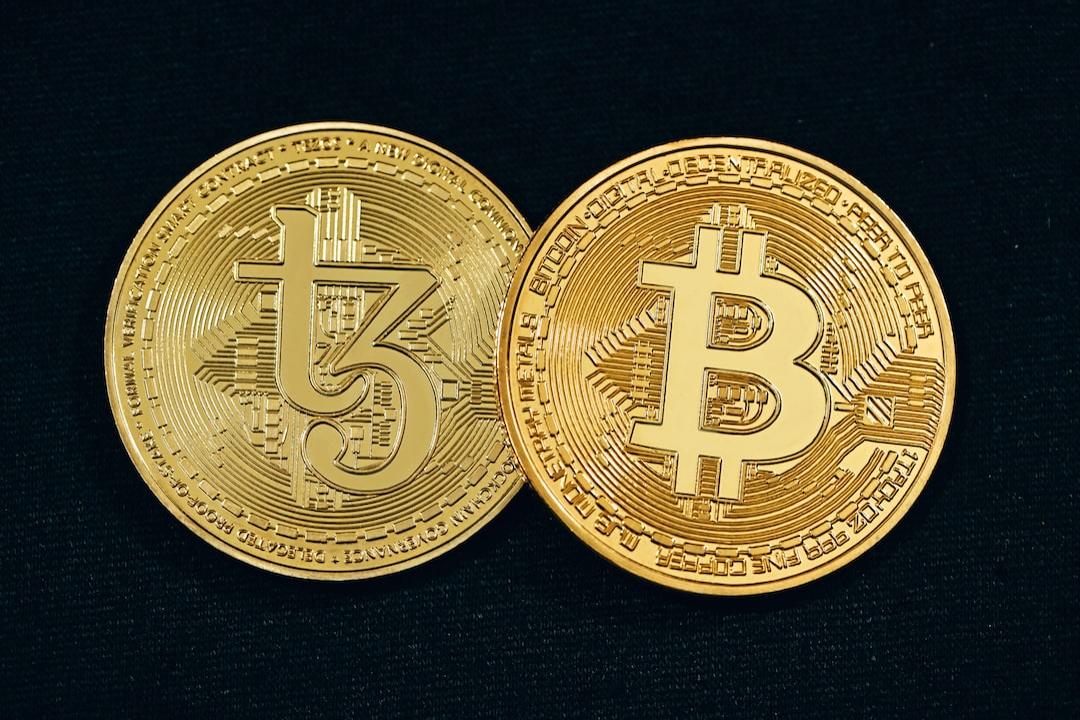The rise of tokenized commodities has opened up a new investment avenue that promises greater efficiency, accessibility, and fractional ownership. However, this market is closely tied to traditional commodities, which are heavily influenced by geopolitical events. It is crucial for investors to understand how these events affect the tokenized realm.
Geopolitical events can disrupt commodity prices through various mechanisms. Wars, sanctions, and political instability can disrupt commodity production and transportation, leading to supply disruptions. Rising tensions can also change the demand for certain commodities. Geopolitical events often trigger currency fluctuations, which can impact commodity prices as commodities are priced in US dollars.
The rise of tokenized commodities has created an intersection between traditional geopolitics and cryptocurrency. Geopolitical events can have significant impacts on tokenized commodity markets, presenting both challenges and opportunities. These events can disrupt supply chains, alter power dynamics, cause currency fluctuations, and even lead to the weaponization of resources. Climate change and evolving regulations also play a role in influencing tokenized commodity markets.
Geopolitical events can cause ripples in tokenized commodity markets. Supply chain disruptions can lead to price surges in both physical and tokenized markets. Shifting power dynamics can influence token prices, and the weaponization of resources can create artificial scarcity and price spikes in both markets. Investor sentiment can also be shaped by geopolitical events, leading to increased volatility in tokenized commodity markets.
The ripple effect can trigger a cascade of interconnected events within tokenized commodity markets. Increased volatility, correlation across tokens, and hedging opportunities are some of the effects that can occur. By understanding this ripple effect, investors can make informed decisions and potentially capitalize on emerging opportunities.
To navigate the geopolitical landscape in tokenized commodity markets, investors should stay informed about global news and commodity-specific news. They should also identify geopolitical risks associated with their chosen commodities and track relevant events. Diversification and hedging strategies can help mitigate risk, and liquidity considerations should be kept in mind. Constant research and analysis, seeking expert opinions, and engaging with the community can also be beneficial.
The future of tokenized commodity markets and geopolitics is intertwined. Increased transparency and efficiency, evolving regulations, the rise of alternative geopolitical blocs, the weaponization of finance, and the decentralization of geopolitics are some of the potential developments. The evolving role of central banks and the impact of climate change on resource security are also important factors to consider.
In conclusion, the tokenized commodity market is influenced by geopolitical events, and investors need to understand the mechanisms involved. By adopting a thoughtful approach and staying informed, investors can navigate this dynamic landscape and seize opportunities. Risk management tools, transparency, and broader investor participation will further unlock the potential of tokenized commodities in a world shaped by ongoing geopolitical events.



